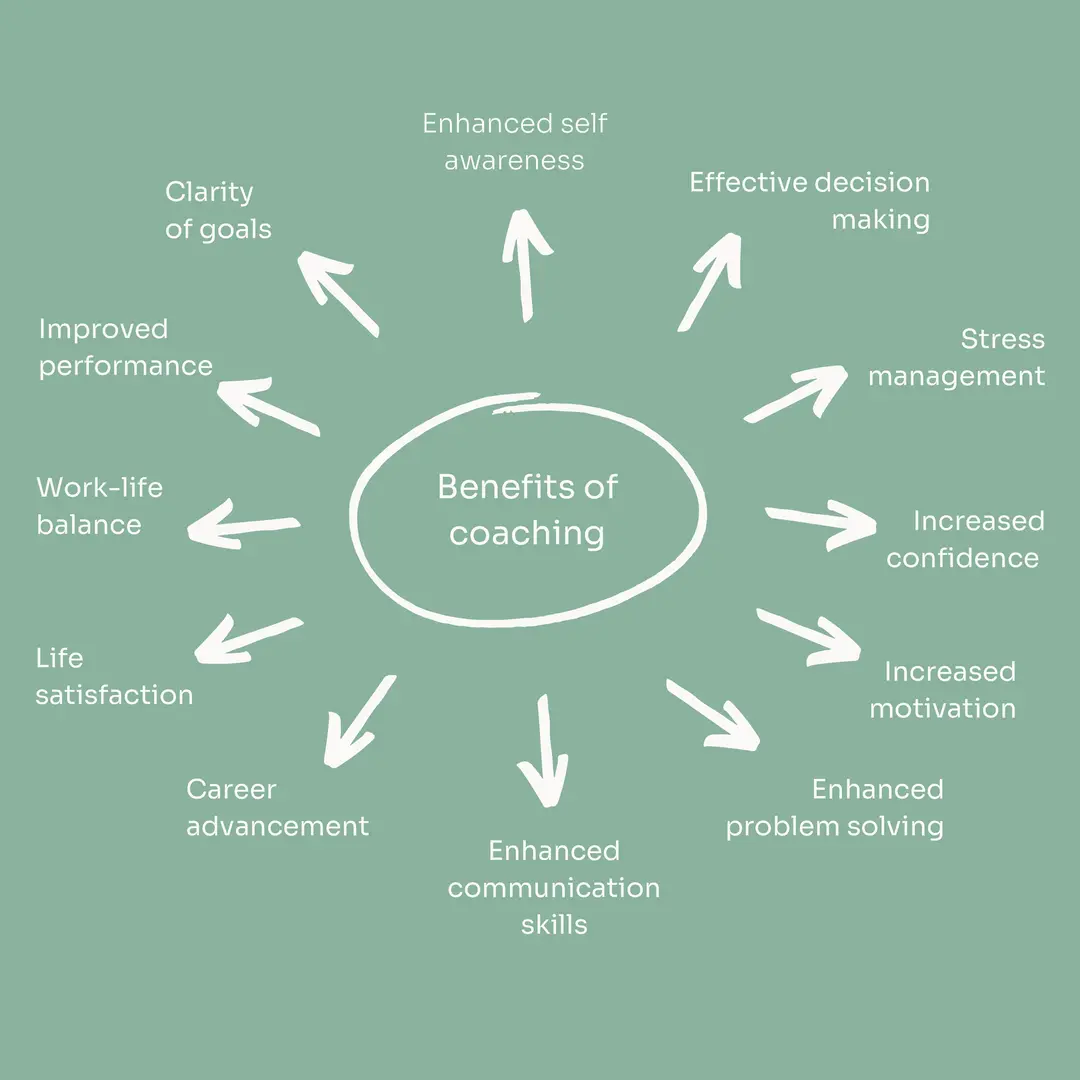What’s coaching?
Introduction
The question “What is coaching?” will prompt varied responses depending on the person you ask. Taking some time to understand the concept of coaching is essential if you’re considering investing your time and money in working with a coach.
In the words of John Whitmore, author of ‘Coaching for Performance’, coaching is like unlocking someone’s potential to do their best, helping them learn instead of just telling them what to do.
Let’s explore the core principles of coaching.
Coaching Foundations:
Ensuring Safety:
Building a confidential and secure relationship between the coach and the person being coached is crucial in coaching. This creates a space for open and honest communication, essential for effective coaching.
Focus on the Individual:
Coaching revolves around the needs and dreams of the person being coached. The coach helps them discover their own thoughts and solutions, believing that the person has the necessary resources for work and problem-solving.
Client Picks the Topic:
There’s no predetermined topic in coaching; it always comes from the client. The coach helps explore it, set the ultimate goal, and measure success.
Setting Goals:
Coaching starts by defining and working towards specific, measurable goals. At the beginning of each session, goals, how to measure success, and a plan of action are decided.
Future Orientation:
Coaching is future-focused, with a primary emphasis on the journey ahead. Each coaching session is an opportunity to chart a course for personal or professional development, fostering a proactive mindset toward what lies ahead.
Improving Skills:
Coaching is about making positive changes, often in specific skills like communication, leadership, stress management, or problem-solving.
Coach Won’t Tell You What to Do
Coaches adhere to ethical standards and professional guidelines that prioritise the well-being and development of their clients. Here are some things a coach will typically not say or do:
Provide Personal Advice:
A coach does not give direct personal advice. Instead, they guide clients through a process of self-discovery and exploration, helping them find their solutions.
Impose Solutions:
Coaches refrain from imposing their own solutions or values onto clients. The focus is on empowering individuals to make informed decisions based on their values and goals.
Make Decisions for the Client:
Coaches do not make decisions on behalf of their clients. Instead, they support clients in clarifying their goals, exploring options, and making their informed choices.
Guarantee Specific Outcomes:
Ethical coaches avoid making promises or guarantees about specific outcomes. The coaching process is dynamic, and results depend on the client’s commitment and efforts.
Cross Professional Boundaries:
Coaches maintain clear professional boundaries and do not engage in behaviours that could compromise the coaching relationship, such as forming personal relationships with clients.
Judgment or Criticism:
A coach refrains from passing judgment or being critical of the client. The coaching space is non-judgmental, allowing individuals to explore their thoughts and feelings openly.
Pressure or Coerce:
Coaches do not pressure or coerce clients into decisions or actions. The coaching process is collaborative, and clients are encouraged to set their pace and direction.
Discuss Personal Issues Unrelated to Coaching:
A coach typically does not delve into personal issues unrelated to the coaching goals, maintaining a focus on the client’s professional or personal development objectives.
Violate Confidentiality:
Coaches uphold confidentiality and do not disclose information shared by clients unless there is a legal or ethical obligation to do so.
Act as a Therapist:
While coaching may touch on personal aspects, coaches do not provide therapy. If therapeutic intervention is needed, coaches may recommend seeking support from a licensed therapist or counsellor.
What Can Be Addressed in Coaching, or What Objectives Are Fitting for the Coaching Process?
Increased self-confidence and self-esteem
Changing limiting beliefs
Dealing with stress
Improving relationships
Enhancing work-life balance
More time for oneself
Starting a business venture
Achieving a promotion at work
Finding the meaning of life
And many more… As long as the client’s goal does not require specialised assistance from a psychotherapist or psychiatrist, it can be addressed through coaching.
What Are the Benefits of Coaching?

Summary
Coaching is a dynamic process that fosters self-discovery. It encourages individuals to explore their inner thoughts, values, and aspirations, providing a reflective space where they can gain deeper insights into their motivations and beliefs.
Through this self-exploration, individuals often uncover untapped potential, allowing them to align their actions more closely with their authentic selves.
The emphasis is on aligning actions with values and aspirations, leading to a life that feels more intentional, satisfying, and in harmony with one’s true self.


